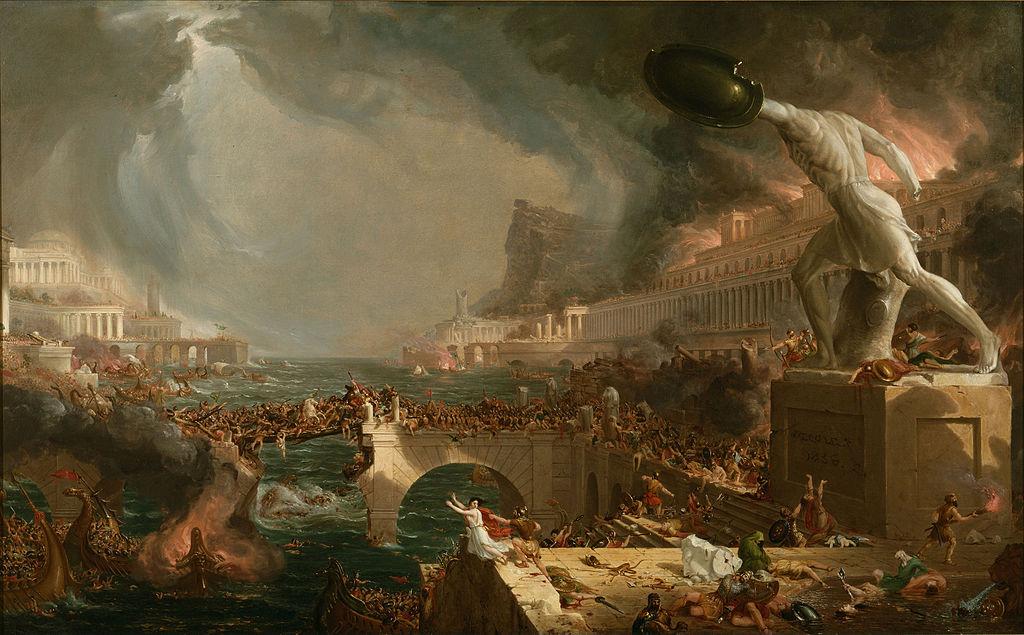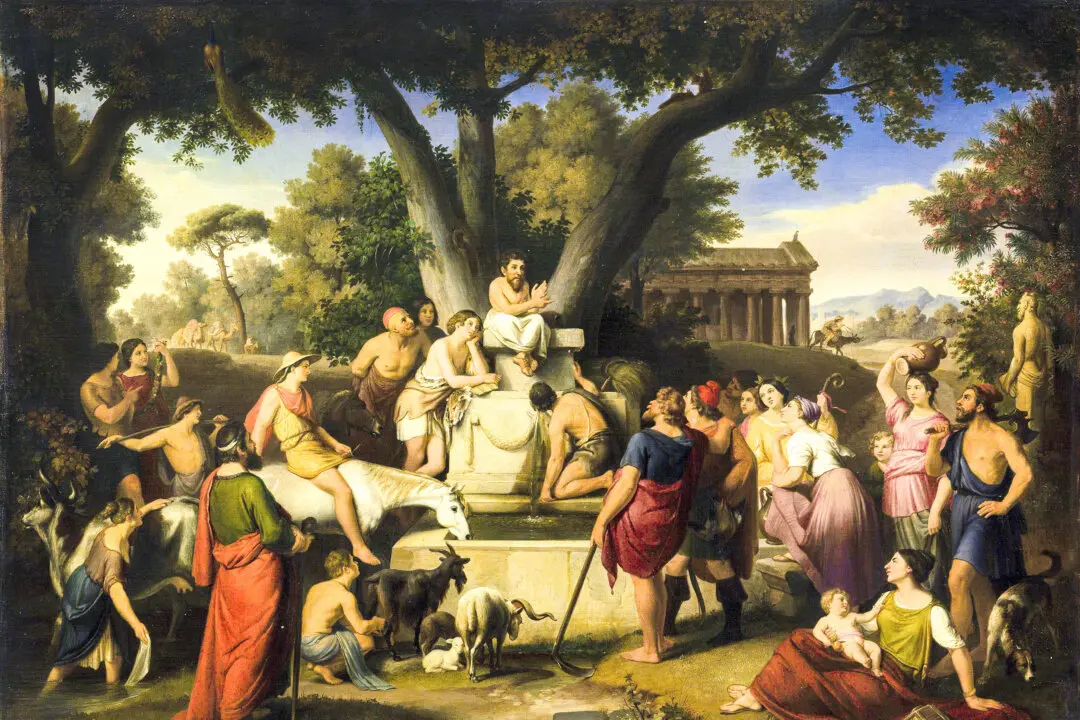In 1853, English novelist Charles Kingsley published “Hypatia.” Named after a real figure from the 4th century, the novel follows the spiritual travails of Philammon, a Christian monk from Egypt who leaves his monastic community in search of an education in philosophy. He finds a school in Alexandria, Egypt, led by Hypatia (370–415), notorious for her willingness to teach pupils of all religious backgrounds.
Kingsley’s historical fiction helped establish Hypatia’s name as a symbol of openness, courage, and intellectual freedom. Who, then, was she? And what can her life teach readers today?






